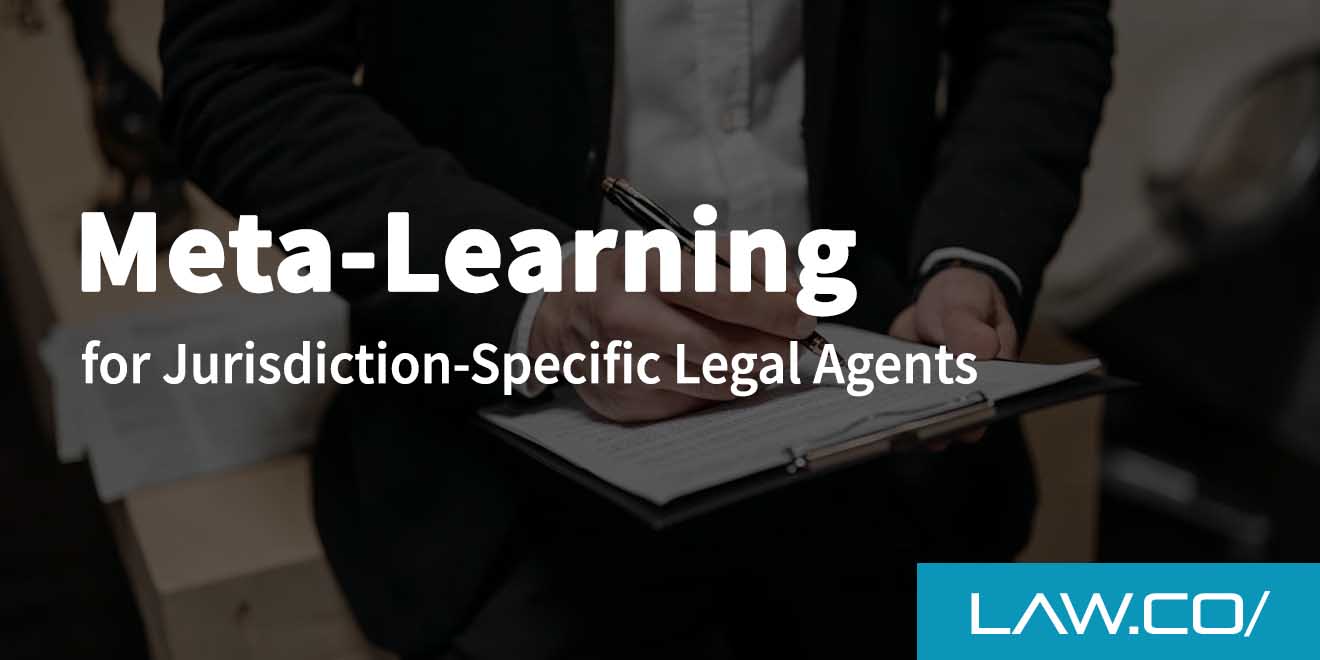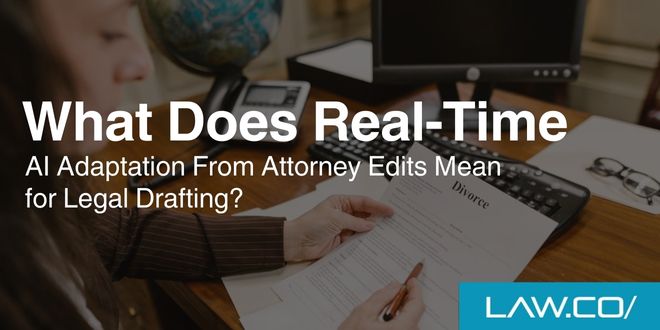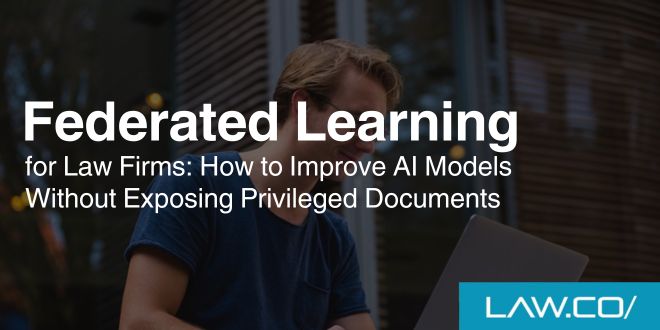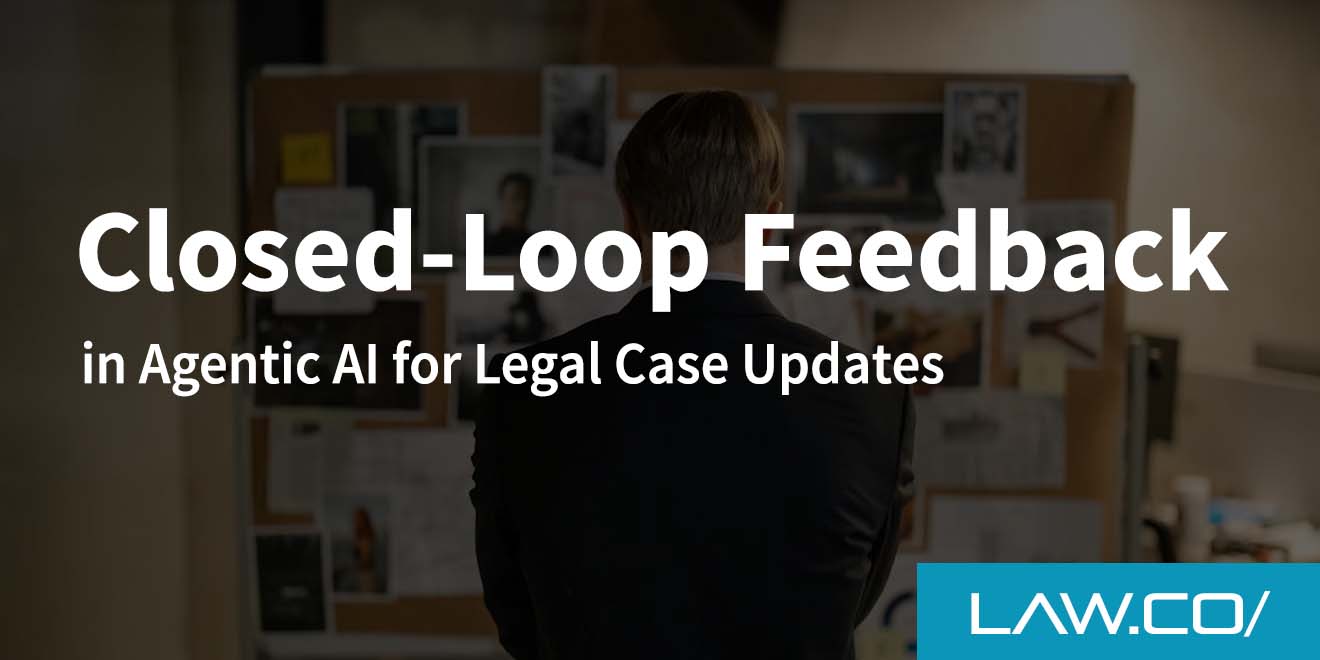

How AI is Changing Law Firm Structures
Law firms and lawyers are already permanently changed due to the advent of generative AI and all the downstream consequences of this near-miraculous technological tool’s rise to prominence.All over the country, lawyers are relying on AI to facilitate faster legal research, efficient document drafting, and even contract reviews.But one of the most important consequences of the dawn of AI in the long term will be more fundamental. We, like many others, contend that AI has such incredible transformative power that it's going to reshape the very structures that underpin law firms.What exactly do we mean by this? And how can lawyers prepare?
Traditional Law Firms: The Pyramid Structure
Law firms don't follow a monolithic, singular blueprint. There are small firms and large firms, traditional firms and unconventional firms, and both general and specialty firms, all of which have unique forms and considerations. You can start a law firm entirely by yourself or build one so massive that most of the people working for it don't even know each other.That said, if we had to reduce the average structure of a law firm to a single example it would probably be the pyramid structure of traditional law firms.

SourceIn this model, there are one or a small handful of partners at the top. These partners are responsible for making nearly all the major business decisions on behalf of the firm, and they all share in the profits.At the next rung down in the pyramid is a team of senior staff lawyers who perform important services, advise the partners, and demonstrate leadership within the firm.Below them are junior staff lawyers who are, collectively, responsible for most of the legal grunt work at the firm. They spend their days buried in legal research, legal writing, document review, and other relatively menial tasks as they gain experience – and hopefully work their way up the ladder after a few years.In some firms, there's even a level below this for interns and part-time hires.To keep the traditional pyramid structure running and motivate better performance among junior and senior staff lawyers, most traditional law firms employ an “up or out” approach. In other words, young and inexperienced lawyers are pressured to advance themselves and ascend through the corporate structure – or else leave and pursue something independently.
Why AI for Lawyers Is Changing the Game
Generative AI and other AI tools are shaking up the legal industry perhaps more than any other.According to one study, up to 44 percent of law-related tasks can be automated with the help of generative AI and other tools.These include tasks like:
- Document and contract review. Generative AI for law firms can assist with document review and contract review, flagging potential errors, loopholes, oversights, and mistakes that could otherwise lead to catastrophic consequences. Thorough peer and supervisory review served this function well for decades, but AI can handle these tasks automatically and much, much faster.
- Legal research. AI can also help with legal research. Whether you’re interested in existing laws, previous rulings in court cases to establish precedent, or just contextual information on which to build a case, AI can help you with everything. It’s not yet capable of replacing the human element of reviewing and consolidating information, but it can give you the most relevant pieces of information to work with.
- Legal writing. While generative AI isn’t yet capable of producing great works of literature, it rivals human writers in terms of output quality in a wide range of different tasks. And in the legal world, writing is typically very objective, fact-based, concise, and dry – which is perfect for AI. Lawyers with writing skills might be able to produce better content – but nothing beats the speed and efficiency of AI, even at this relatively early stage of development.
Note that many of these responsibilities are tasks that junior lawyers would typically tackle in a sufficiently traditional pyramid-style law firm.The hallmarks of AI that make it even more beneficial for businesses include:
- Inexpensiveness. Lawyers love generative AI in part because of how inexpensive it is. This is a technological tool that can ostensibly do the work of many people, yet it costs far less than hiring even a single new person on your team. It's a huge leap forward in terms of overall cost efficiency.
- Scalability. Traditional and larger law firms also appreciate how scalable AI is. Depending on the AI product you choose to use, there may be some limitations in terms of users that can access the system or the amount of text you can generate. But you can usually unlock unlimited or functionally unlimited access for a little extra money. At scale, you can use AI in every little corner of your firm, greatly increasing productivity across the board, no matter how big your firm is or what types of responsibilities you're handling.
- Support for human potential. Finally, the current generation of generative AI isn't necessarily designed to replace human beings; it's designed to support them and push them to do their best. Expert humans and AI together can do far more than either one can independently, and law firms are beginning to adapt to that reality.
Key Changes to Expect as Law Firms Adopt AI

SourceThere’s no question that traditional law firms are going to change in the era of AI.Many of them already have.But aside from merely using or acknowledging generative AI for its capabilities of automating menial tasks, what specific changes can we expect?First, at this point, law firms must adopt AI – if for no other reason than to keep up with your competition.Obviously, that doesn’t mean using AI for every task or utilizing AI without a supervising human lawyer verifying the details of its generated text. But AI, even in limited use, is such a critical advantage that you literally can’t afford to neglect it.This is a technology that can greatly improve your organization’s speed, productivity, efficiency, and output consistently – and save you a ton of money doing it. On top of that, this technology spares your most talented team members from boring, low-level responsibilities so they can focus on bigger, more important matters.If all your competitors adopt a technology like this and you don’t, you’ll be at a massive disadvantage.So how will traditional law firms change once they acclimate to this wave of tech advancement?
- Demand for tech skills. There are many skills and areas of knowledge that enable a lawyer to be great. Traditional law firms want candidates with excellent academic records, real world experience, confidence, critical thinking skills, and writing abilities, at minimum. But these days, it's equally important to find candidates who are skilled with technology and adaptable enough to readily incorporate new tools into their work. Having candidates who are intimately familiar with generative AI is a major advantage for law firms, and as generative AI systems evolve, these law firms are going to need people who can roll with the changes.
- Decentralization and distribution. Historically, law firms depended on cohesive networks of team members who can support each other and review each other's work. But now, generative AI can do a lot of this work. It hasn't totally replaced human review processes, but it fills in many gaps. Accordingly, even the most traditional law firms are focusing more on decentralization and distributing workloads across more isolated pockets of team members. Individuals have more autonomy and self-direction, and teams are focused on more high-level considerations.
- Smaller teams of junior lawyers. Traditional law firms still want junior lawyers, but not as much as they used to. Now that many of the responsibilities assigned to junior lawyers can be inexpensively, quickly, and reliably handled by automation technology, there's less demand to hire these inexperienced team members. Without new junior lawyers to enter the workforce, the law profession would eventually die, so it's unlikely that junior lawyers will ever become obsolete or unwanted; however, as a junior lawyer, you can expect competition to be stiff from here on out.
- More “superstars.” The flip side of this is that there will likely be more demand for superstar lawyers, who have lots of experience and excellent track records. In order to make the most of AI, law firms need extremely competent, skilled directors and leaders who understand the strengths and weaknesses of this technology and can fill in any gaps created by it. In fact, we may soon experience a dearth of experienced, superstar lawyers, due to the changing dynamics of entering this career field.
- Creativity and innovation. Generative AI is amazing at doing research, executing repetitive tasks, and performing any type of responsibility that can be adequately and objectively predicted. However, it's not very good at coming up with creative ideas or innovating. For that, we still need creative thinking human beings, and will probably continue needing them for the foreseeable future. Despite how dry the profession can sometimes seem, great legal arguments are rooted in creative thinking – and law firms will need to adapt to ensure that human creativity has an even stronger place within them.
- Relationship building and support. Now that junior and senior lawyers can afford to spend less time on document review and other tedious, yet necessary functions of the job, they can turn their attention to relationship building and human support. In fact, we may see a new wave of traditional law firms optimizing in the direction of building and reinforcing client relationships. As clients begin dabbling with AI for fulfilling their own internal legal needs, these relationships are going to become even more vital for a law firm’s long-term success.
- Predictive analysis. One of the areas in which AI undoubtedly excels is in predictive analytics, assuming it has access to the right data. Increasingly, we are going to see traditional law firms using this predictive power to better understand their competitors, better serve their clients, and make better long-term decisions for their businesses.
- Independent firms. Having access to empowering technology and facing more competition when entering the field, junior lawyers are going to be increasingly likely to pursue alternative employment. In the coming years, we may see an explosion in the number of solo and independent firms in operation – and fewer people interested in traditional career paths via big firms.
Ready to Change YOUR Law Firm?
Are you a decision maker in a law firm fighting to become competitively dominant in this rapidly changing technological era?Or are you a lawyer with an independent practice searching for new ways to increase your productivity and efficiency?You’re in the right place.At Law.co, we have the technological expertise and legal industry knowledge necessary to help you address your most daunting challenges – and rout your fiercest competitors.If you’re ready to learn more, contact us today!

%201.svg)




.jpg)





